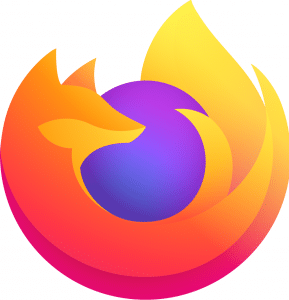Windows 7's and 8.1's end of support is a massive chance for underdogs like Mozilla

Last month, Microsoft ended support for its Windows 7 and 8.1 operating systems officially. Windows 7 was kept alive by the company for business and Enterprise customers for the past three years through an Extended Security Updates program, but that ran out on the same day as support for Windows 8.1 ended.
Google and Microsoft announced that their browsers, Chrome and Edge, would not support both operating systems after support end. Chrome 109 and Edge 109, released in January 2023, are the last supported versions. The next stable versions, scheduled for a release in early February 2023, won’t support Windows 7 or 8.1 anymore.
Other browser makers have not made up their minds yet. Mozilla started a topic on the official bug tracking website three years ago, but the organization is undecided up to this day.
Statcounter, a usage tracking service, has Windows 7 listed with 9.62 percent of the Windows market. Windows 8.1 is listed with 2.31 percent and Windows 8 with 0.62 percent. Chrome and Microsoft Edge lost those 12 percent with the announcement. While Chrome and Edge 109 will continue to work after the two companies end support, they won’t receive security or feature updates anymore.
Mozilla, and other smaller makers of browsers, could try and capture that audience by extending support for Windows 7 and 8.1. The move would reduce Chrome’s dominance in the browser market and improve the standing of smaller browsers.
While support can’t be guaranteed forever, companies may want to consider extending support until at least 2024. Mozilla could do this by ensuring that the next major Firefox ESR release, which will be released in the middle of 2023, will support the two out-of-support operating systems. This would ensure support until mid 2024 and give users and companies a valid reason to keep on using Firefox or migrate from Chrome or Edge to the browser.

It is unclear whether smaller Chromium-based browser makers, such as Opera, Vivaldi or Brave, will have the means to continue support for Windows 7 or 8.1. They too could benefit from Google’s and Microsoft’s decision to end support early.
There are disadvantages to continue support for an operating system that is no longer supported officially. Focusing on Windows 10 and newer could improve overall security of a browser, support requests would drop, code created specifically for older browsers could be removed, and development would be more streamlined because of that.
One has to weight the advantages of ending support against the benefits of continuing support. In best case, millions of Chrome and Edge users, who still use Windows 7 and 8.1, would migrate once they realize that the browsers are not secure anymore. It would certainly require promotions to inform these users about the fact.
Photo Credit: Kiselev Andrey Valerevich / Shutterstock
'Windows 7’s and 8.1’s end of support is a massive chance for underdogs like Mozilla' first appeared in Weekly Tech Insights, a free weekly newsletter that you can sign up to here.